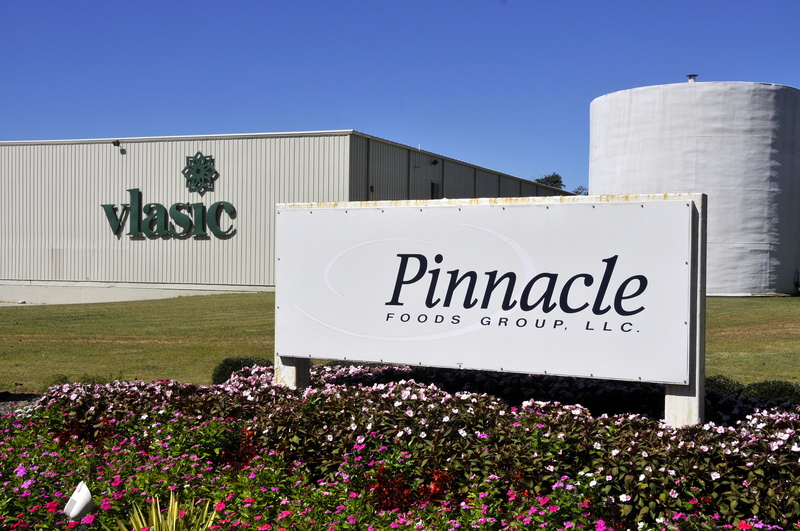Citizen group appeals poultry plant permit
Citizen’s action group Protecting Our Indian River has appealed a Sussex County board's decision that would allow plans for a large chicken processing plant near Millsboro to move forward.
The group filed an appeal Dec. 3 in Sussex County Superior Court to overturn a Sussex County Board of Adjustment decision approving the Allen Harim Foods LLC poultry processing plant in Millsboro.
The Nov. 5 approval of Harim’s permit application would allow for a new use of the former Vlasic pickle plant site, which has been named a brownfield site. Sussex County’s endorsement of the Harim application came despite opposition from area residents and the forced reopening of the board hearing after the board’s attorney enforced a requirement to contact Delaware state agencies to ensure the protection and safety of public health, waterways and nearby property, said Cindy Wilton, one of the founding members of Protecting Our Indian River.
Wilton said attorney's fees are being covered with donations to the organization.
Harim, a South Korean poultry processing company, applied for the land use permit in June. The county’s permit approval in November paves the way for conversion of the former seasonal pickle plant into a year-round poultry processing plant that would process 2 million birds per week, Wilton said.
“Sussex County erroneously approved a permit to the detriment of the public health and safety of this community and the environment,” Wilton said. “And the plan is for things to get much worse.
Wilton said that as part of a jobs initiative she considers ill-conceived jobs, Harim will add 100 new confinement poultry houses within a 50-mile radius. "It’s clear this community is on the brink of being sacrificed in the name of politics and nonexistent public health policies,” Wilton said.
More than 270 comments in opposition were turned into the board, including testimony from representatives of the Socially Responsible Agricultural Project and The Johns Hopkins Bloomberg School of Public Health.
Comments by SRAP cited the board's improper public notice and comment procedures, which included neglecting to notify the public the record was reopened and that the public could respond to state agency comments, as well as allowing only a seven-day response period. Johns Hopkins cited significant gaps in information provided by Harim and state agencies regarding occupational safety plans, water use, amount and type of wastewater discharge, and plans to control airborne bacteria from poultry trucks driving near human populations.
“This is beyond shortsighted - it’s irresponsible and dangerous,” said SRAP’s Maria Payan. “This community is already suffering the long-term effects of contamination from the Vlasic plant, including the cumulative impact of an unsolved cancer cluster and two nearby superfund sites. The social and environmental consequences of allowing this pollution-intensive Harim operation into this sensitive setting are nothing less than disastrous.”
Protecting Our Indian River is represented by Richard L. Abbott of the Abbott Law Firm in Hockessin. The grounds for the appeal are the board of adjustment's lack of jurisdiction under Delaware law to issue the permit, that the board did not base its decision on substantial evidence in the record showing the development will be protective of public health and safety and that the board violated public notice and hearing requirements in issuing the permit to Harim.
For more information about Protecting Our Indian River, go to: protectingourindianriver.com.























































